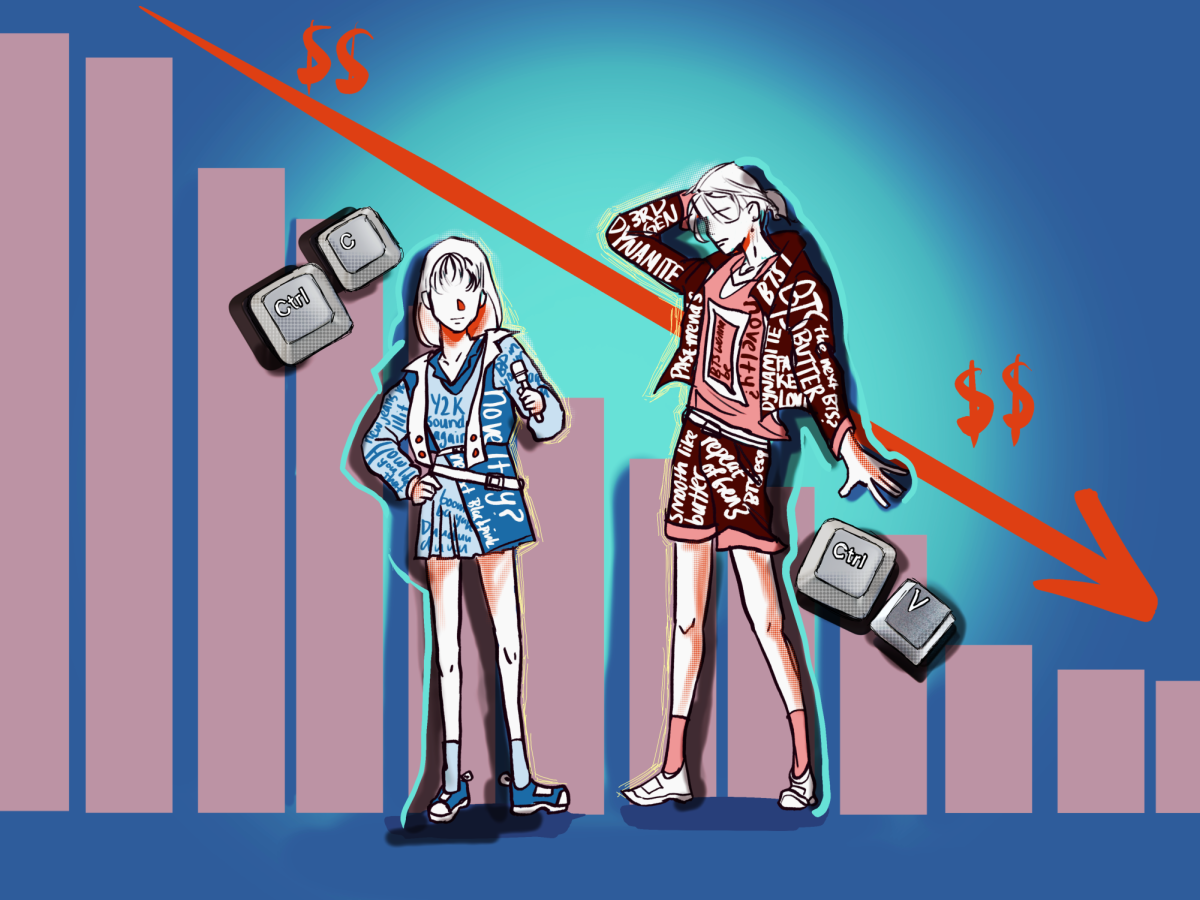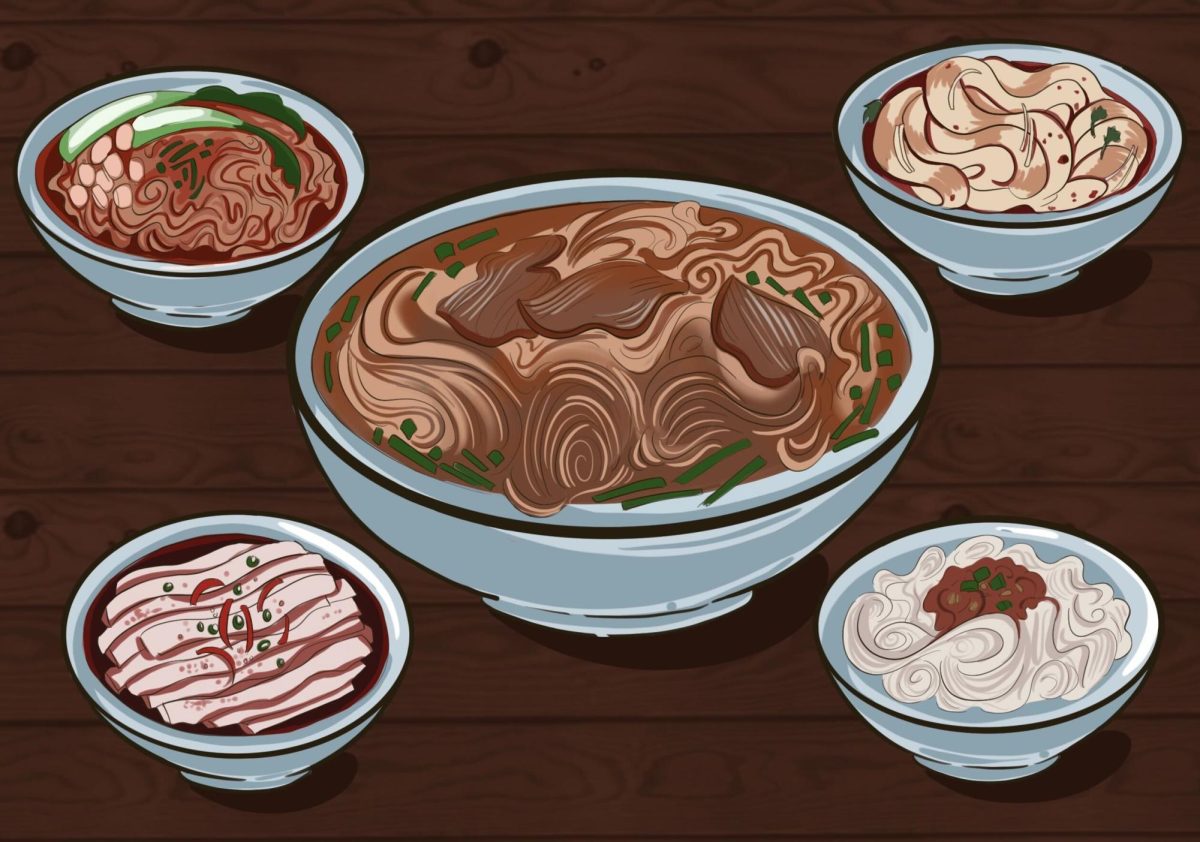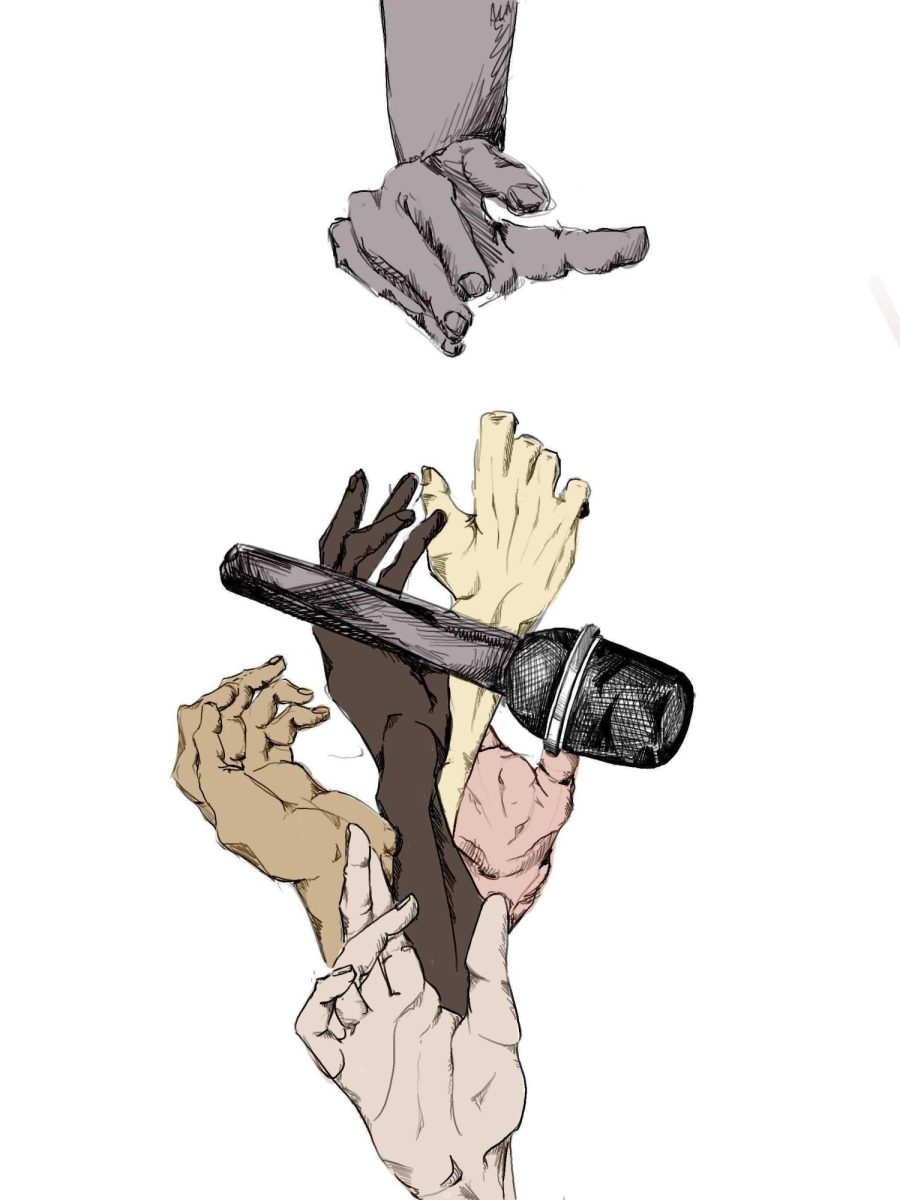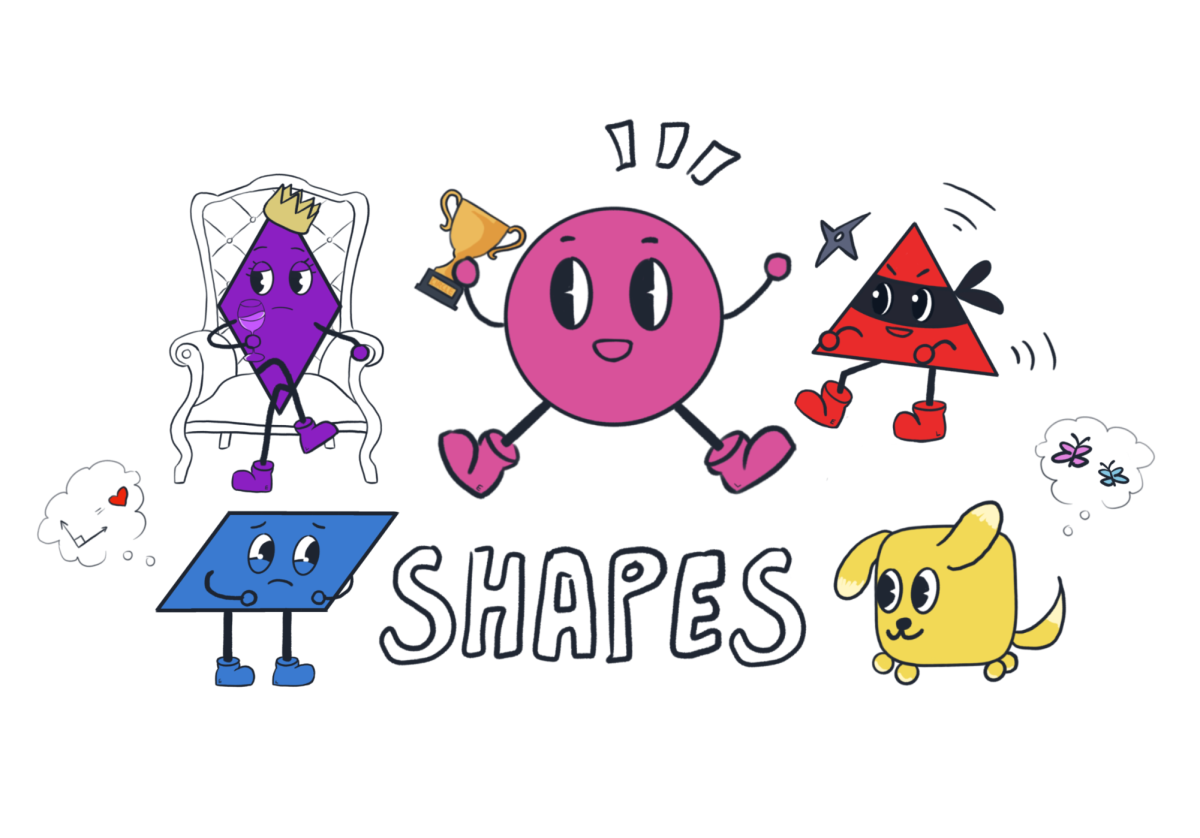At a certain time of year, a surprise assembly is not too much of a surprise. The whole campus is abuzz with chatter; the senior class becomes particularly excited because several of their classmates will likely become the surprise itself. Ah, yes—Intel Science Talent Search assemblies! They are a glorious, prestigious tradition, and they recognize the incredible work of dedicated students. However, the school perhaps warrants a true surprise once in a while: recognition on the same level for non-science accomplishments.
After all, even though we certainly have brilliant mathematicians, scientists, and engineers posing as students, we also have incredible artists, writers, and athletes. Indeed, you name any field, and our campus will surely provide more than one specimen of excellence to represent. We know we’re a diverse, well-rounded bunch. We see it every day through both classroom discussions and lunchtime chatter. We pride ourselves on it.
Yet, it seems like time and time again, people let those talents fall to the wayside, as if they just aren’t as important as our science and math successes. Why are we supposedly the “it school for our next Einsteins?”
It begins with recognition. These Intel presentations take up approximately half an hour and are filled with bright balloons, larger-than-life checks, and dramatic speeches. (And bad jokes, which we shall pardon.) Intel-hired press trail the winners afterwards for photos and interviews.
On the other hand, it seems like 90% of those other talents are recognized merely by clipped announcements at school meeting or in a curt line on the Daily Bulletin. Unacknowledged by many, forgotten by even more.
Certainly, society regards Intel STS as one of the premier science competitions with a long history, and the students recognized by STS have done exceptional work. But it’s important to remember that the recognition on campus is furnished solely by Intel. If representatives of a publishing company wanted to come celebrate a student who wrote a novel, the school probably wouldn’t stop them. Rather, we believe the school would be entirely supportive.
But in the absence of people willing to come throw a party, we think the school should throw the figurative party itself. Our students have won medals at international Olympiads, won national debate tournaments, and qualified for Junior Olympics in the past! We’re not calling for as egregiously long an assembly, and certainly not for all those eyeroll-inducing comments—we just wish for something that makes the other brilliant minds feel as appreciated as our scientists.
The question then arises whether students actually need incentives like huge checks and special assemblies to motivate amazing work. Certainly not. As we said earlier, remarkable talent already exists among our student body even without such incentives, and it will continue to exist even if nothing changes. Our excellence usually is born out of passion and is fueled by intrinsic motivation.
Nevertheless, incentives do … incentivize, for lack of a better word. The thrill of reward can prompt someone just exploring a field to try it out, maybe just for fun, until it grows absorbing and even consuming, until this person is producing the caliber of work recognized by national competitions (and, let’s be fair, the admissions committees of the colleges and universities to which we aspire). We work hard because we want to be good; we work even harder for a reward that affirms that we are good, and in the process, we grow better. Athletes, musicians, scientists—regardless of the field, people who have risen to the top often say that the competition is not what fueled them but ultimately did make the pursuit of their goals more challenging and perhaps more meaningful.
Returning to the Intel assembly, it is hard not to feel just slightly excluded when it seems as if only science and math are significantly celebrated, especially if you are one of those potential “humanities majors.” You do not have to be a fame-hungry monster to want some occasional appreciation or recognition of the work you do; it’s perfectly human and respectable.
Now, we know a reaction to this editorial could be of muffled laughter. You’re journalists, you say. Of course you’re offended. However, remember this: our Winged Post editorial board includes two Intel semifinalists. Many of our writers call Nichols a third home and are all too familiar with the scientific method or abstract mathematics. We also have competitive dancers, singers, photographers, and, of course, writers—the whole spectrum. We’re not calling for “consolation” recognition; we’re calling for equitable treatment. Regardless of field, two achievements of equal significance should be accorded the same honor. We try to do so in our own publication.
Now, the most important question comes up: can we get an “Amen?”


















![“[Building nerf blasters] became this outlet of creativity for me that hasn't been matched by anything else. The process [of] making a build complete to your desire is such a painstakingly difficult process, but I've had to learn from [the skills needed from] soldering to proper painting. There's so many different options for everything, if you think about it, it exists. The best part is [that] if it doesn't exist, you can build it yourself," Ishaan Parate said.](https://harkeraquila.com/wp-content/uploads/2022/08/DSC_8149-900x604.jpg)




![“When I came into high school, I was ready to be a follower. But DECA was a game changer for me. It helped me overcome my fear of public speaking, and it's played such a major role in who I've become today. To be able to successfully lead a chapter of 150 students, an officer team and be one of the upperclassmen I once really admired is something I'm [really] proud of,” Anvitha Tummala ('21) said.](https://harkeraquila.com/wp-content/uploads/2021/07/Screen-Shot-2021-07-25-at-9.50.05-AM-900x594.png)







![“I think getting up in the morning and having a sense of purpose [is exciting]. I think without a certain amount of drive, life is kind of obsolete and mundane, and I think having that every single day is what makes each day unique and kind of makes life exciting,” Neymika Jain (12) said.](https://harkeraquila.com/wp-content/uploads/2017/06/Screen-Shot-2017-06-03-at-4.54.16-PM.png)








![“My slogan is ‘slow feet, don’t eat, and I’m hungry.’ You need to run fast to get where you are–you aren't going to get those championships if you aren't fast,” Angel Cervantes (12) said. “I want to do well in school on my tests and in track and win championships for my team. I live by that, [and] I can do that anywhere: in the classroom or on the field.”](https://harkeraquila.com/wp-content/uploads/2018/06/DSC5146-900x601.jpg)
![“[Volleyball has] taught me how to fall correctly, and another thing it taught is that you don’t have to be the best at something to be good at it. If you just hit the ball in a smart way, then it still scores points and you’re good at it. You could be a background player and still make a much bigger impact on the team than you would think,” Anya Gert (’20) said.](https://harkeraquila.com/wp-content/uploads/2020/06/AnnaGert_JinTuan_HoHPhotoEdited-600x900.jpeg)

![“I'm not nearly there yet, but [my confidence has] definitely been getting better since I was pretty shy and timid coming into Harker my freshman year. I know that there's a lot of people that are really confident in what they do, and I really admire them. Everyone's so driven and that has really pushed me to kind of try to find my own place in high school and be more confident,” Alyssa Huang (’20) said.](https://harkeraquila.com/wp-content/uploads/2020/06/AlyssaHuang_EmilyChen_HoHPhoto-900x749.jpeg)








